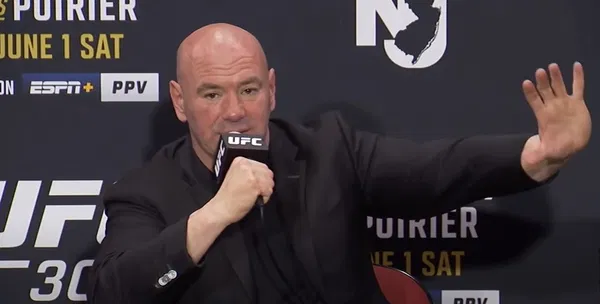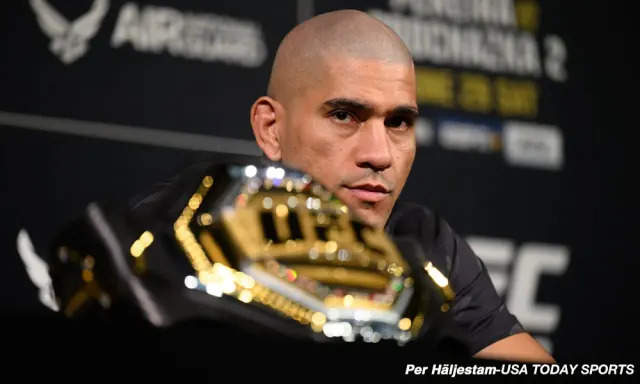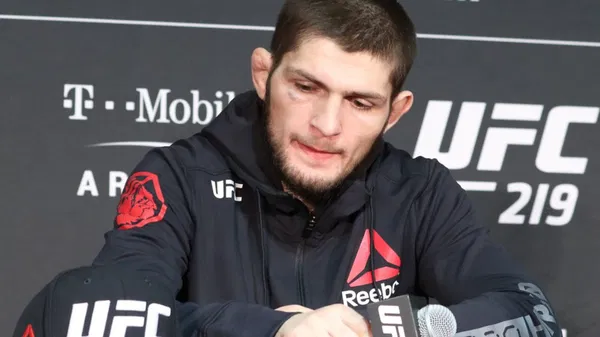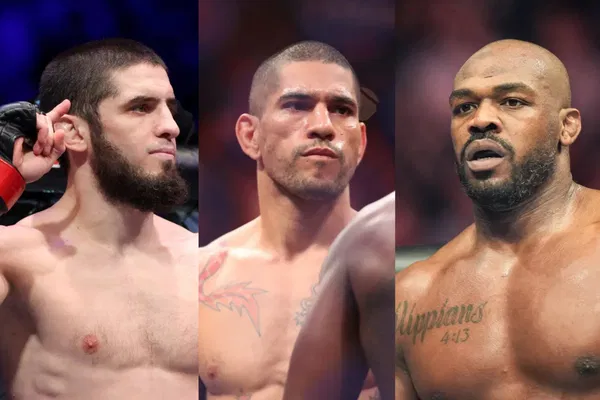Dana White, the prominent CEO of the UFC and a major figure in mixed martial arts, is looking to make a bold entry into the world of boxing. Known for building the UFC into the largest MMA organization globally, White is reportedly more determined than ever to establish himself in boxing after his initial venture, Zuffa Boxing, failed to take off. He has formed a strong alliance with the Riyadh Season network and is now aiming to create a major boxing promotion with the support of Turki Alalshikh, an influential figure in the sports world.
White’s ambitions are fueled by the substantial financial potential in the boxing industry, which, as of 2021, is valued at around $1 billion in the United States alone. Having witnessed this success, White seems ready to dive back into the sport. His approach mirrors his strategy in the UFC, where he brought top fighters together from various corners of the globe. Just recently, the UFC signed Reinier De Ridder, a former two-weight champion from ONE Championship, continuing White’s trend of securing top-tier talent.
During a post-event press conference for the Dana White Contender Series, White addressed questions about whether his model of unifying the best athletes under one banner could also work in boxing. He responded confidently, recalling that dominant promoters once had a similar hold on boxing talent. According to White, the UFC model—focused on bringing the best fighters together—has proven successful and could be replicated in boxing. He stated, “It’s not like that hasn’t been done before. There have been dominant promoters before that have had most of the talent locked up. But listen, the UFC model works. It works.”
White’s track record in transforming what was once dismissed as “human cockfighting” into a multi-billion dollar industry speaks for itself. Many have confidence in his ability to revitalize boxing in a similar way. Renowned boxing trainer Teddy Atlas even called White the “dictator” that the sport needs, praising his management style and his knack for booking fights that fans want to see. Atlas suggested that if White’s authority in boxing is likened to that of a dictator, it may be exactly what the sport requires to thrive.
Moreover, White has received a major endorsement from boxing legend Mike Tyson. Tyson, who is still active in the sport and slated to fight Jake Paul in November, has publicly supported White’s ambitions. He expressed enthusiasm for White’s approach, comparing it favorably to the UFC’s strict policies on fighter performance. Tyson explained, “That’s going to be the best thing to ever happen to boxing, just like the UFC. If you’re in the UFC and people are booing your fight, you’re not going to see that guy again. If you don’t put on a good fight, you’re done.”
Tyson’s approval of White’s plans comes with a warning to underperforming fighters: in White’s system, poor performances won’t be tolerated, and fighters won’t be given second chances like they are in traditional boxing. He emphasized that under White’s leadership, boxing could become more competitive and exciting for fans, much like how the UFC operates. Tyson believes that White’s involvement could revitalize a sport that has often been criticized for its handling of lackluster matches and questionable rematches.
After building the UFC into a global powerhouse over the course of two decades, White is now looking to turn his attention to boxing, and with the backing of an influential figure like Tyson, his plans are gaining significant momentum. Tyson, who remains one of the most influential heavyweight champions in the sport’s history alongside Muhammad Ali, believes White’s entrance into boxing could be a game changer.
The question remains: can Dana White replicate his MMA success in the world of boxing? With the support of figures like Tyson and a proven model that has worked wonders in the UFC, it certainly seems possible. Let us know your thoughts on whether White will succeed in his new venture.
Dana White’s Disruptive Plans With ‘UFC Model’ Set to Takeover $1B Boxing Industry




